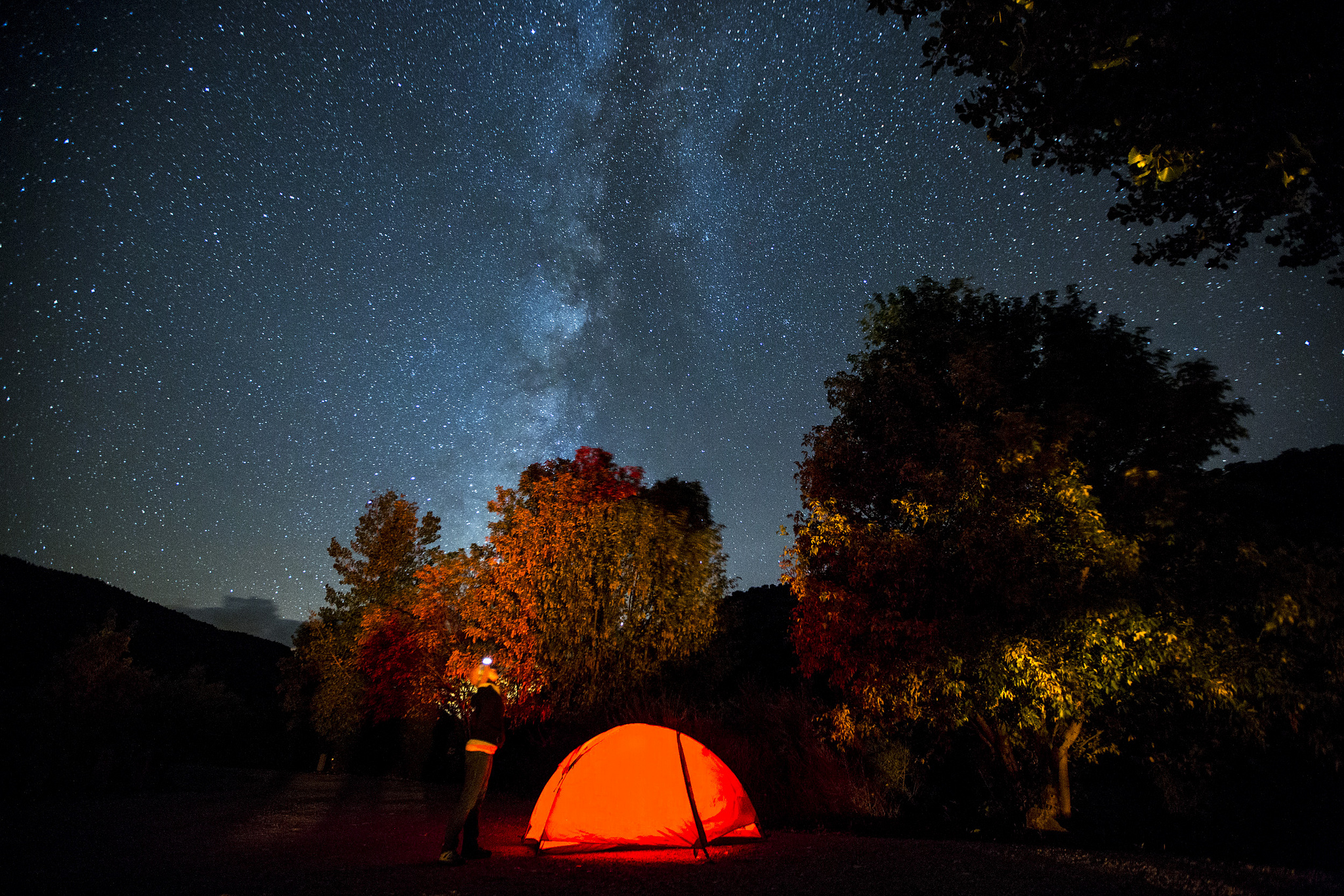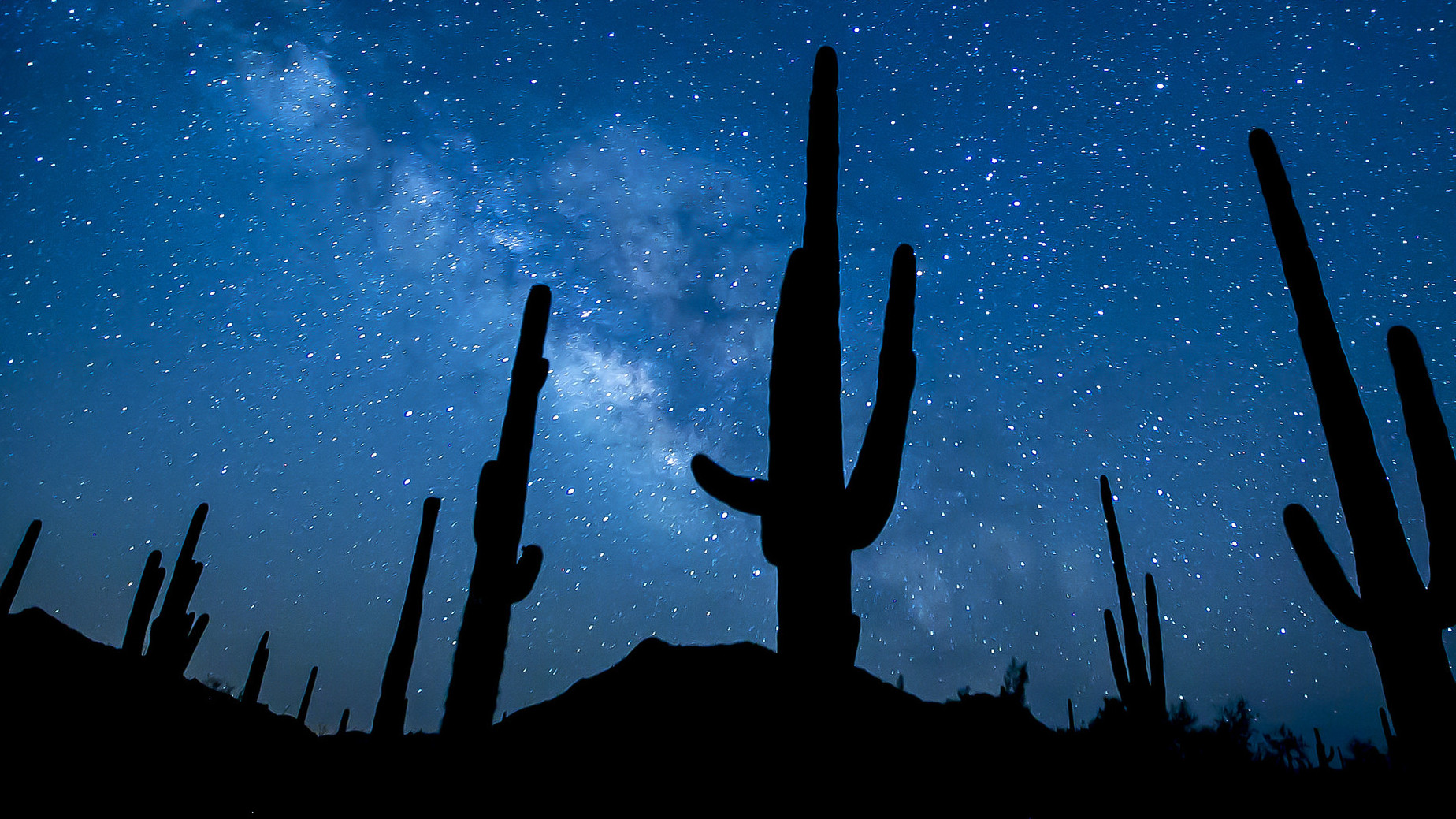Abstracts: ‘Fractivists,’ Tomatoes From Space, and More
A roundup of science news from around the Web — and around the world.
• Climate change is being pushed into the spotlight in the Democratic presidential campaigns, as progressives and anti-fracking activists (‘fractivists’) in upstate New York press Hillary Clinton on campaign support from oil and gas. (The New York Times)

This week is Dark Sky Week, a created in 2003 by high school student Jennifer Barlow to draw attention to the effects of light pollution.
• Mexico City is implementing a plan to reduce air pollution and eliminate its severe smog problem by taking cars off the road — a plan that some say probably won’t work. (Vox)
• A New Mexican tribal community is fighting for a cleanup of radioactive contamination in local groundwater from bomb-making and nuclear testing at Los Alamos. (The Washington Post)
• Thanks to El Niño rains, California is easing up on some of its water restrictions — unless you’re a farmer in the south of the state. (Wired)
• Students in a food desert in Chicago will start eating tomatoes from space this year — part of a growing movement using technology to get food to those who need it most. (National Geographic’s The Plate)
• Curbing greenhouse emissions is a good move for investors, says a new study that finds trillions of dollars in assets will be put at risk by climate change. (Reuters)
• Echoing legislation recently approved by the US House of Representatives, emails released from Australia’s Commonwealth Scientific and Industrial Research Organisation shows senior managers want to shift away from “doing science for science sake” and towards more money-making research, despite claims to the contrary. (The Sydney Morning Herald)
• The space company Blue Origin, founded by Amazon CEO Jeff Bezos, gracefully launched and landed a reusable rocket booster for the third time over the weekend. The success has fueled excitement over the growing feasibility of space tourism. (Quartz)
• And finally, flip off the lights and look up: It’s dark sky week, an event drawing attention towards the negative impacts of light pollution and the beauty of an unhindered view of the stars. (Sky & Telescope)










